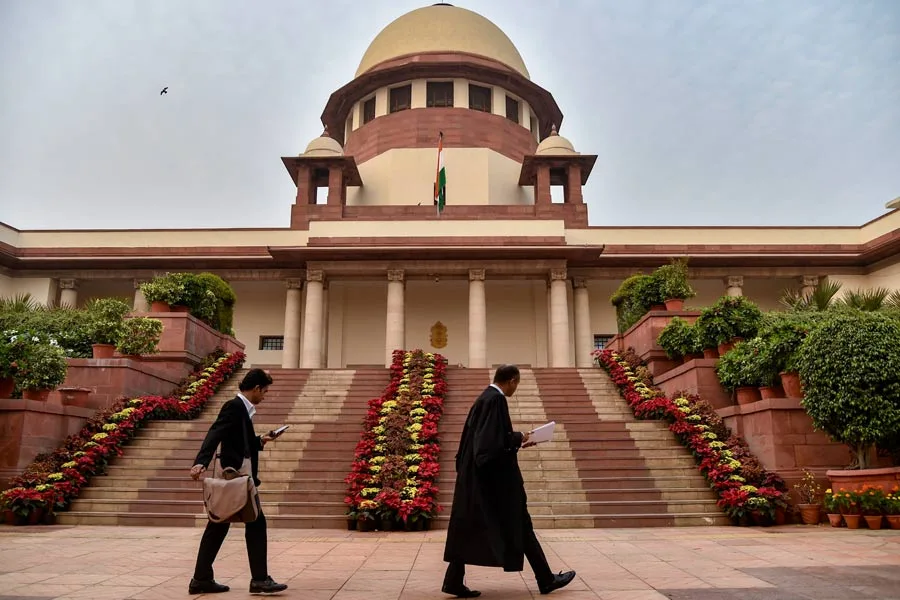
New Delhi:
In a major verdict on Thursday, the Supreme Court reduced the Enforcement Directorate’s jurisdiction to arrest an accused – under Section 19 of the Prevention of Money Laundering Act, or PMLA – if the accused appears as summoned by a special court that has taken cognisance of the allegation.
In some situations, the agency has to get that court’s approval first, the highest court ruled.
ED officials may make an arrest “based on material in possession (and) reason to believe (to be recorded in writing) that the person is guilty,” according to Section 19 of the PMLA.
The agency’s need to notify the person “as soon as may be” of the reason for the arrest is crucial.
The top court specifically stated that an accused person could not be arrested later in situations where they were not arrested till the ED submitted its complaint. The accused cannot be said to be “in custody” if they properly respond to the summons that the special court must first issue.
A bench of Justices Abhay S. Oka and Ujjal Bhayan stated that the ED must apply to the special court if it wishes custody of an accused after the accused responds to the summons. The court would only award custody if it determines that custodial questioning is necessary.
According to Section 70 of the Code of Criminal Procedure, an arrest warrant may only be issued in the event that the accused refuses to appear for the summons; in such case, the warrant must first be one that is subject to bond.

Supreme Court noted in a landmark decision that underscores the protection against arbitrary arrest by the central agency that accused people who are not arrested before responding to a court summons must meet the strict “twin test” requirements for bail as outlined by the PMLA.
This decision had a specific context in a money laundering case where the accused had been summoned to appear before a special court. Then, if the special court had taken cognizance of the relevant offence, the question became whether the accused required to pass the “twin test” in order to be granted bail.
Prior to this, the Supreme Court had set aside its decision for April 30.
The high court denied a plea to review a previous decision that stated the ED must provide written grounds for arrest to an accused person “without exception” two months before to today’s historic decision. The court reasoned that there was no error in the original decision that called for a reexamination.
You can only listen to the newest music on JioSaavn.com.
Following that, the court stated that “mere non-cooperation of a witness, in response to summons issued under Section 50, will not be enough to render him/her liable to arrest under Section 19” .
In response to a suit filed by Patanjali Ayurved Ltd., a bench of Justices Hima Kohli and Ahsanuddin Amanullah expressed dissatisfaction with Asokan’s remarks the day before the top court was scheduled to hear the matter.
In an appearance on behalf of Patanjali, senior counsel Mukul Rohatgi informed the bench that their appeal had been filed asking the court to take judicial notice of the “wanton and unwarranted comments” made by the IMA president.
This is a very important problem. They are attempting to sway the court system… Mr. Rohatgi remarked, “Your lordships asked one or two questions and see how they are reacting as if nobody can ask anything.”Also Read :-https://livendtv.com/rohit-hardik-to-was-nita-ambanis-direct/
During the previous hearing, Mr. Rohatgi stated that he had given the court the transcript of the interview that was released to the media.
“You cannot claim ignorance,” the bench informed the IMA’s attorney.
When IMA senior advocate P S Patwalia showed up later in the hearing, the bench questioned him over Asokan’s remarks.
The IMA filed a plea with the supreme court in 2022, claiming that there was a smear campaign against the Covid immunization campaign and contemporary medical systems like allopathy.

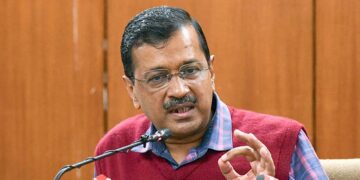
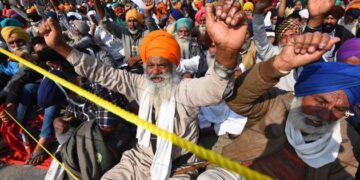
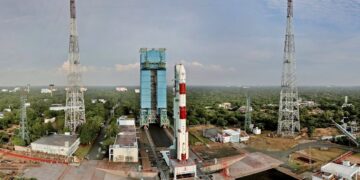

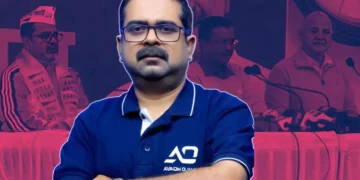
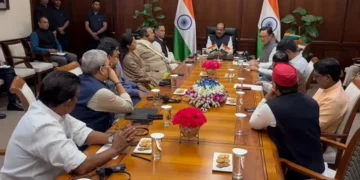

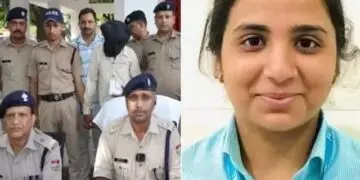






























Comments 1